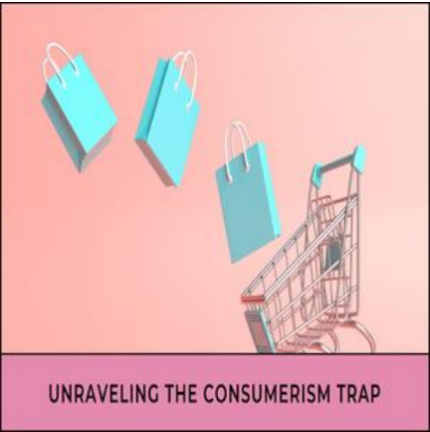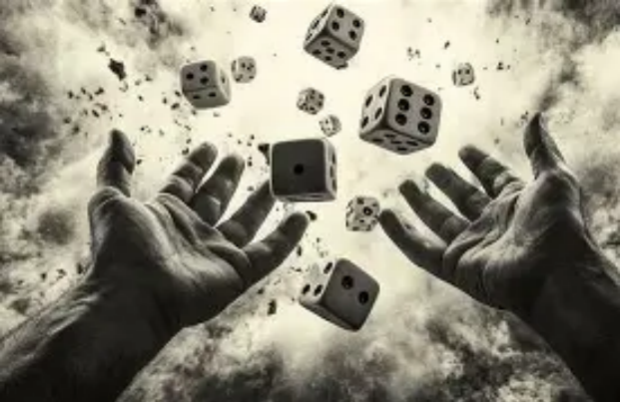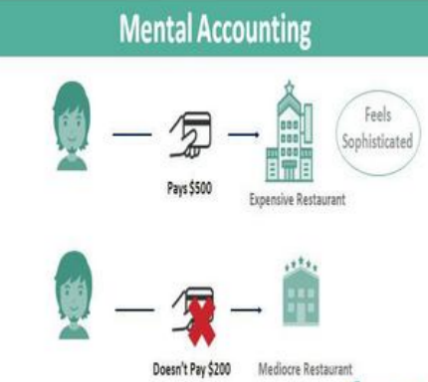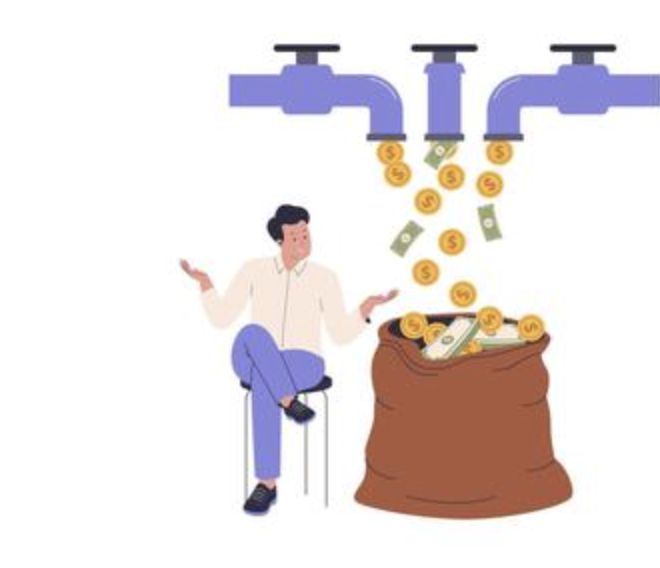The “Status Inflation” Spiral
For wealthy individuals, buying things goes beyond simply acquiring products; it has become a continual competition to stay ahead of others. Luxury brands exploit this trend through “exclusivity cycles.” A Hermès Birkin bag that was once priced at $50,000 indicated a high social status, but now “superfans” strive to secure limited-edition versions that can cost up to $500,000. This phenomenon, known as “status inflation,” pressures even those with high incomes to exceed their spending limits, which takes away money from their investments. A recent study from 2023 showed that 41% of millionaires increased their spending on luxury items to blend in with new social groups, and 18% confessed that this negatively affected their wealth growth.

The Illusion of “Investment” Purchases
Consumerism presents waste as valuable knowledge. Luxury watches sold as “heirlooms” frequently drop 30% in worth as soon as they are worn; “collectible” sneakers seldom rise in value enough to justify their storage expenses. Real estate faces the same issue: “designer condos” featuring celebrity designs can command 20% higher prices, yet their resale values fall short compared to more modest homes. The catch? It's the belief that spending equates to investing, whereas most high-end items are actually assets that lose value and are merely labeled as legacies.

The Mental Accounting Mirage
Affluent buyers often succumb to what is known as “categorical spending.” A dinner costing $10,000 seems insignificant if termed “networking,” whereas a $5,000 self-improvement course can be seen as “personal development.” Shops take advantage of this mindset by describing products as “investments in your personal brand” or “mental wellness.” Consequently, a tech company leader might spend $200,000 on an exclusive retreat, rationalizing it as “training for productivity,” all while overlooking the benefits of fully utilizing their company’s retirement options. Such mental shortcuts transform optional expenditures into what are viewed as essential needs.

Breaking the Cycle: Value Over Validation
To break free from the trap, it's important to rethink what “worth” truly means. Instead of buying based on status, consider the “return-on-life” approach: a yacht worth \(1 million might bring you 50 days of happiness each year, while a \(200,000 contribution to a meaningful cause may provide lifelong satisfaction. Implement a strategy called “reverse lifestyle creep”: when your income rises by 10%, put 7% towards investments and just 3% for personal upgrades, steering clear of the temptation to increase spending simultaneously. Most importantly, evaluate your “symbolic purchases”—if a luxury item loses its charm when no one is around, it’s a trap, not a gem.
Consumerism not only empties wallets; it also distorts what success truly means. For the wealthy, real wealth is not measured by what you own, but by the freedom to choose what is truly valuable to you—without external pressure.

Post-Tax Reform: Who Pays More Taxes?

Why you always lose money when buying wealth management products

How to Start Socially Responsible Investing

Capital Gains: An Active Income Approach to Building Wealth

Venture Capital An Investment Adventure in Search of Unicorns

Mindset Gaps: Ordinary vs. Affluent

Protecting Against Identity Theft
